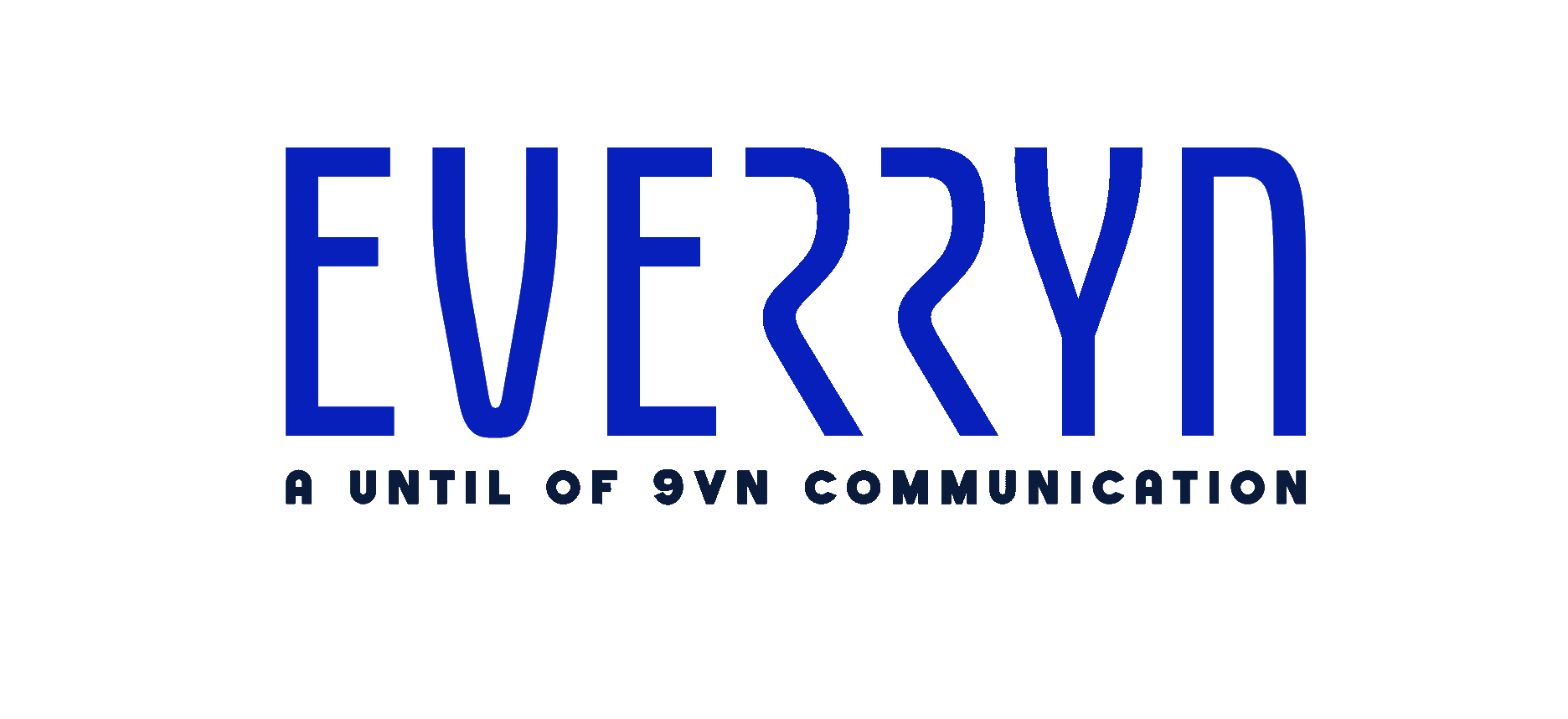Contract
The new contract management module is designed to help borrowers better manage contracts and thereby improve overall contract and project execution. Cover the end-to-end contract implementation cycle from contract signing to contract completion and consolidates contract management records.
What is contract management?
Contract management is the process of digitally maintaining agreements made with customers, vendors, partners, or employees. This encompasses creating, managing, sharing and archiving business contracts, and should allow in-house legal and its business users to automate management processes while extracting business intelligence from those contracts.


Contract Terminations
Create legally binding contracts in seconds and keep all your contracts organized in one place. Also get real-time updates on the status of your contracts, and automatically record contract changes.
What does the contract module help with?
Contract Module is very helpful for proper documentation of the contracts done with clients showing the type of contract, the value, and time duration. The predefined settings can be done/ updated through Setup.

Why choose dedicated modulesfor Your Business?
With Dash, you can conveniently manage all your business functions from a single location.
Empower Your Workforce with DASH
Access over Premium Add-ons for Accounting, HR, Payments, Leads, Communication, Management, and more, all in one place!
- Pay-as-you-go
- Unlimited installation
- Secure cloud storage
Why choose dedicated modules for Your Business?
With Dash, you can conveniently manage all your business functions from a single location.

